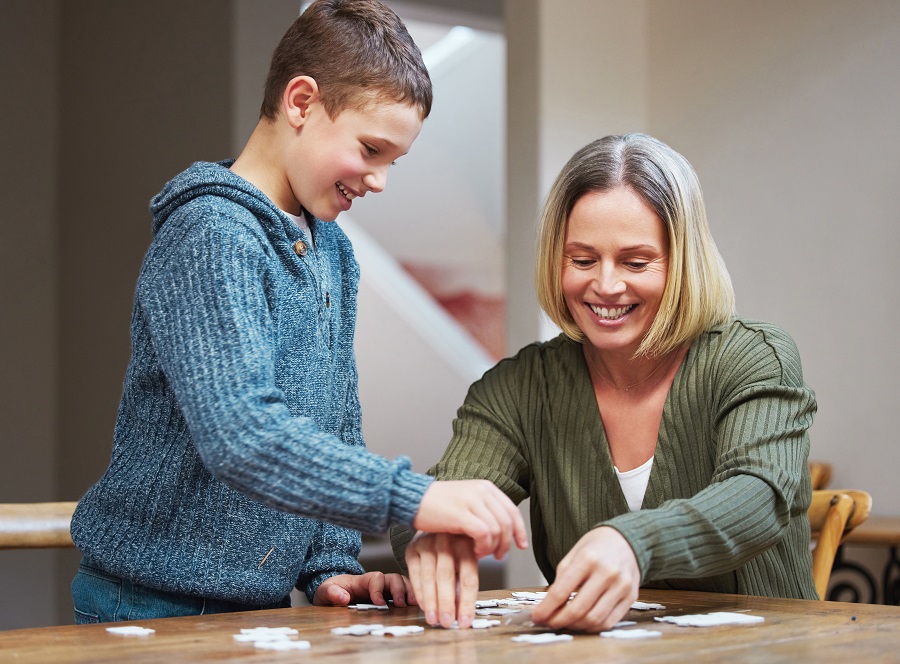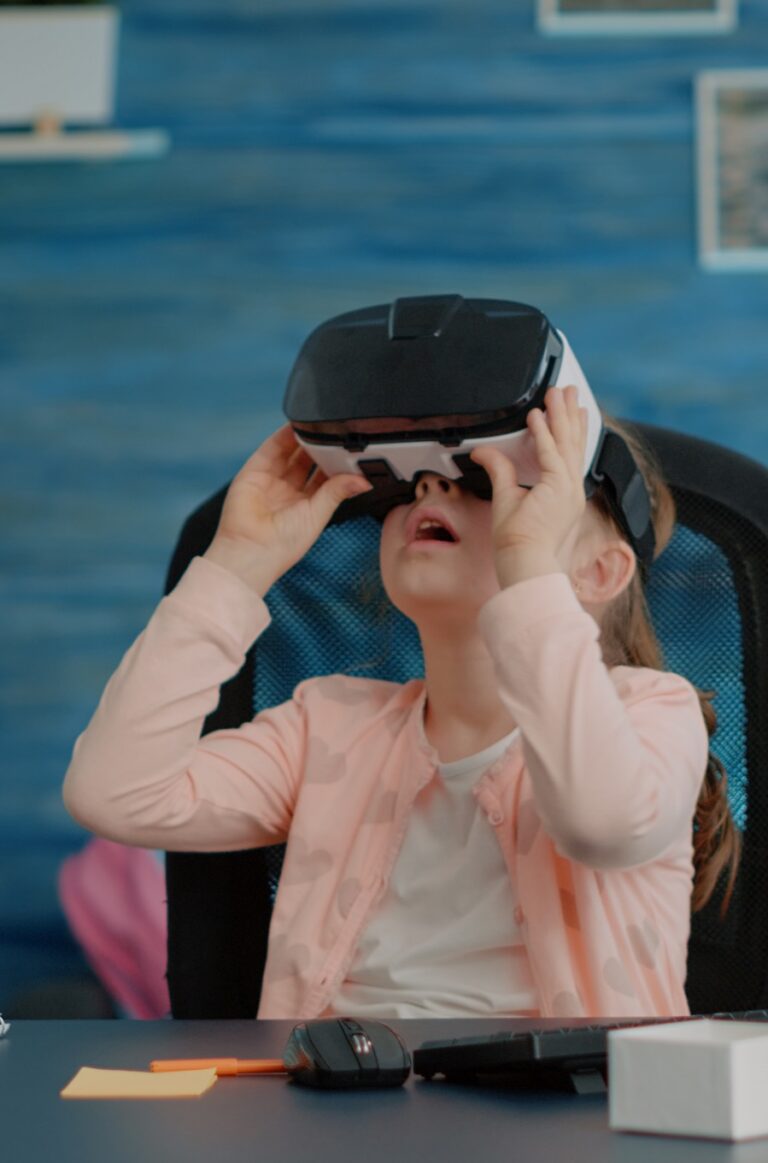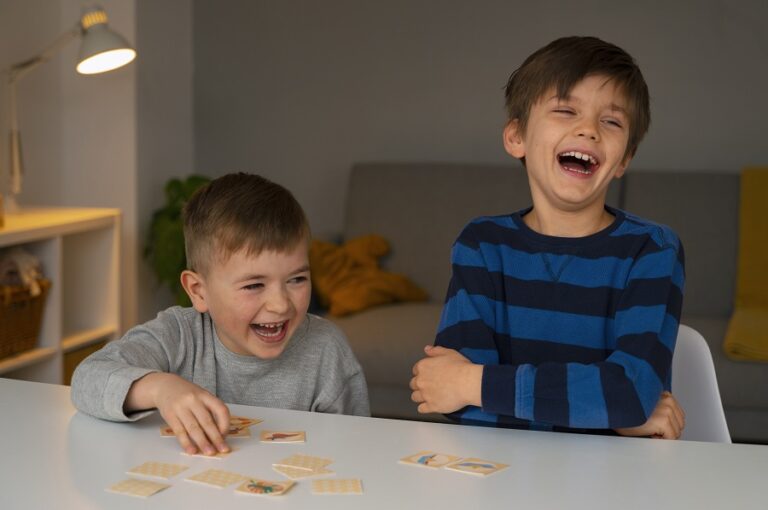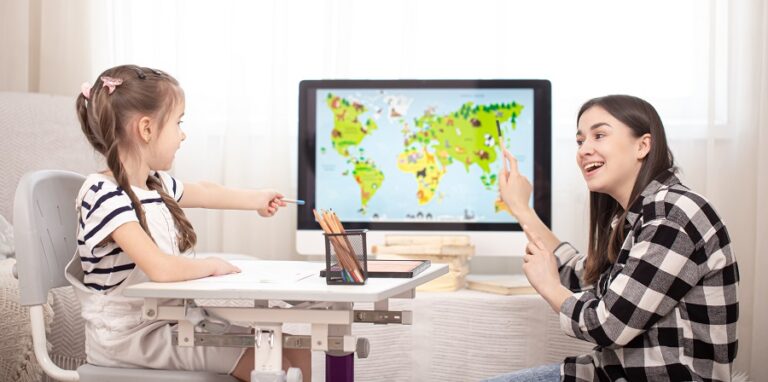Using Puzzle Games to Improve Problem-Solving Skills in Children
In the digital age, parents and educators are increasingly turning to interactive tools that not only entertain but also educate. Among these tools, puzzle games stand out as a powerful way to enhance problem-solving skills in children. These games offer a unique combination of fun and learning that engages young minds while teaching critical thinking, logic, and strategic planning.
Why Problem-Solving Skills Matter in Childhood
Problem-solving is a foundational skill that supports academic success, emotional intelligence, and real-life decision-making. Children who develop strong problem-solving abilities early on are better equipped to handle challenges in school and everyday life. From learning how to approach a math equation to navigating social interactions, the ability to think critically and find solutions is invaluable.
Puzzle Games as a Learning Tool
Puzzle games are designed to present a challenge and require the player to find a solution, often through logic, pattern recognition, or creative thinking. These games can range from simple jigsaw puzzles to more complex digital games that involve strategy, memory, and analysis. What makes puzzle games particularly beneficial is that they teach children how to think rather than what to think.
Benefits of Puzzle Games for Kids
- Enhances Cognitive Skills
Puzzle games stimulate areas of the brain responsible for memory, problem-solving, and reasoning. As children solve puzzles, they improve their concentration and ability to recall and apply knowledge. - Encourages Patience and Persistence
Many puzzles take time to solve, teaching children the value of persistence. Working through a difficult level or assembling a puzzle piece by piece helps them understand that success often requires patience and resilience. - Improves Spatial Awareness
Games like jigsaw puzzles or building block games help children understand how objects fit together, enhancing their spatial reasoning and geometry skills. - Boosts Confidence and Self-Esteem
Each time a child completes a puzzle or overcomes a difficult challenge, they experience a sense of accomplishment. This builds their confidence and motivates them to tackle harder tasks. - Promotes Teamwork and Communication
Multiplayer puzzle games or group challenges encourage children to collaborate, share ideas, and communicate effectively—skills that are vital in both school and social settings.
Top Puzzle Games That Promote Problem-Solving
Here are a few popular puzzle games that are not only enjoyable but also educational:
- Thinkrolls – A fun logic puzzle game for younger children that blends physics with problem-solving.
- Rush: A Disney Pixar Adventure – Involves solving cooperative puzzles in imaginative worlds, great for improving critical thinking.
- Toca Blocks – Encourages creativity and spatial reasoning through free-form puzzle play.
- The Room Series – A more advanced puzzle game that enhances logical thinking and attention to detail.
- Tangrams – A classic geometric puzzle game that develops spatial awareness and visual problem-solving.
- Flying Chess – Flying Chess is a strategic and colorful board game that blends dice rolling with smart moves. It helps children plan, anticipate outcomes, and think critically to win the game.
Offline vs. Digital Puzzle Games
Both physical and digital puzzle games have their place in a child’s development. Offline games like Rubik’s Cubes, Sudoku, or traditional board puzzles are great for hands-on learning and limiting screen time. Digital games, on the other hand, often provide interactive features, progressive difficulty, and engaging graphics that keep children motivated.
Integrating Puzzle Games in Education
Many schools and homeschooling programs are integrating puzzle games into their curriculum. Educational apps and games are used to make subjects like math and science more interactive. For instance, puzzles that involve fractions or physics principles make abstract concepts easier to understand.
Teachers also use puzzles as warm-up activities or brain breaks during class. These short mental exercises help students reset their focus and return to lessons with renewed attention.
Parental Involvement Is Key
Parents play a crucial role in supporting their child’s learning through games. Encouraging kids to play age-appropriate puzzles, playing with them, and asking questions about their strategies all help deepen the learning experience. It’s also important to monitor screen time and strike a healthy balance between game-based learning and other activities.
Final Thoughts
Puzzle games offer far more than just entertainment—they are powerful tools for developing a child’s mental flexibility and decision-making skills. By engaging in games that challenge their brains, children not only become better problem-solvers but also grow more confident, patient, and independent.
In a world where critical thinking is more important than ever, puzzle games can lay the foundation for lifelong learning and success. Whether played on a tablet, computer, or in the living room with family, these games are a smart and effective way to nurture young minds.






